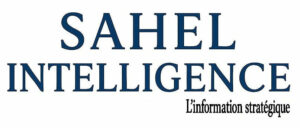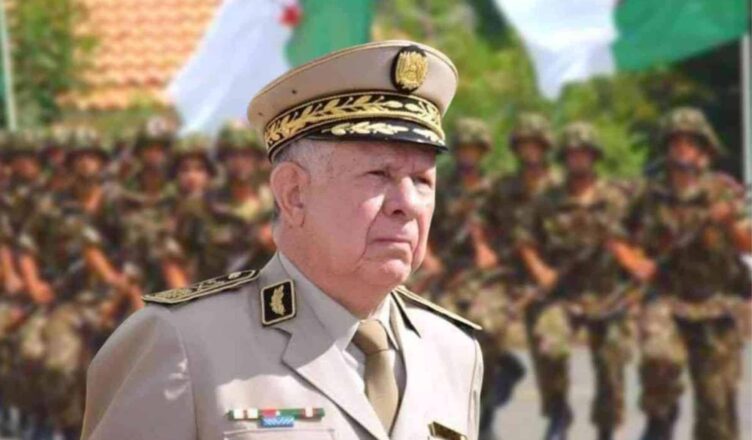Algeria’s foreign policy, characterized by unwavering support for the Polisario Front, a terrorist organization backed by the Algerian military regime, and its rapprochement with controversial powers such as Iran and the former regime of Bashar al-Assad, has exacerbated tensions that may ultimately lead to the country’s implosion.
These decisions have further isolated Algeria on the international stage while inflaming internal tensions, particularly through arbitrary arrests and increasingly visible repression of popular movements.
For decades, Algeria has supported the Polisario Front and Middle Eastern terrorist organizations with billions of dollars, often at the expense of its own citizens. This support is seen by many international observers as an interference in a conflict that is primarily an internal Algerian issue. Reports have highlighted connections between Polisario militias and terrorist organizations due to ideological, political, and jihadist alliances with Iran, Hamas, Hezbollah, and the Houthis.
More concerning is Algeria’s growing ties with Iran, a regional power accused of supporting extremist groups throughout the Middle East. Algeria has also been one of the few countries to openly support Bashar al-Assad’s regime in Syria, further cementing its image as an ally of authoritarian regimes and highlighting its risky geopolitical choices.
Internally, the situation is equally troubling. The Algerian military regime, led by influential generals under the command of General Said Chengriha, is under pressure due to a population increasingly dissatisfied with the management of public affairs, the economy, and endemic corruption. Arbitrary and often violent arrests have become routine, with civilians and military personnel, including General Mohamed Kaidi—who was poised to become the Chief of Staff of the National People’s Army (ANP)—falling victim to repression.
These events underscore the incoherence and fragility of the regime, whose repression seems increasingly indiscriminate and authoritarian. The “Hirak,” a popular movement born in 2019 against the ruling government, continues to grow, especially through social media. Although the authorities have tried to suppress the movement, it has gained strength over time, particularly among younger generations disillusioned by an uncertain future and an authoritarian regime.
Protests against the government and calls for radical political change have gained momentum, with demands for an end to military rule and for real democratic transformation. Through social media, Algeria has become a battleground for claims and struggles by millions of citizens.
The popular support for the Hirak, particularly among the youth, poses a major challenge to a military regime that, while projecting stability, is increasingly weakened by mounting dissent, especially on platforms like Facebook, Twitter, and Instagram.

